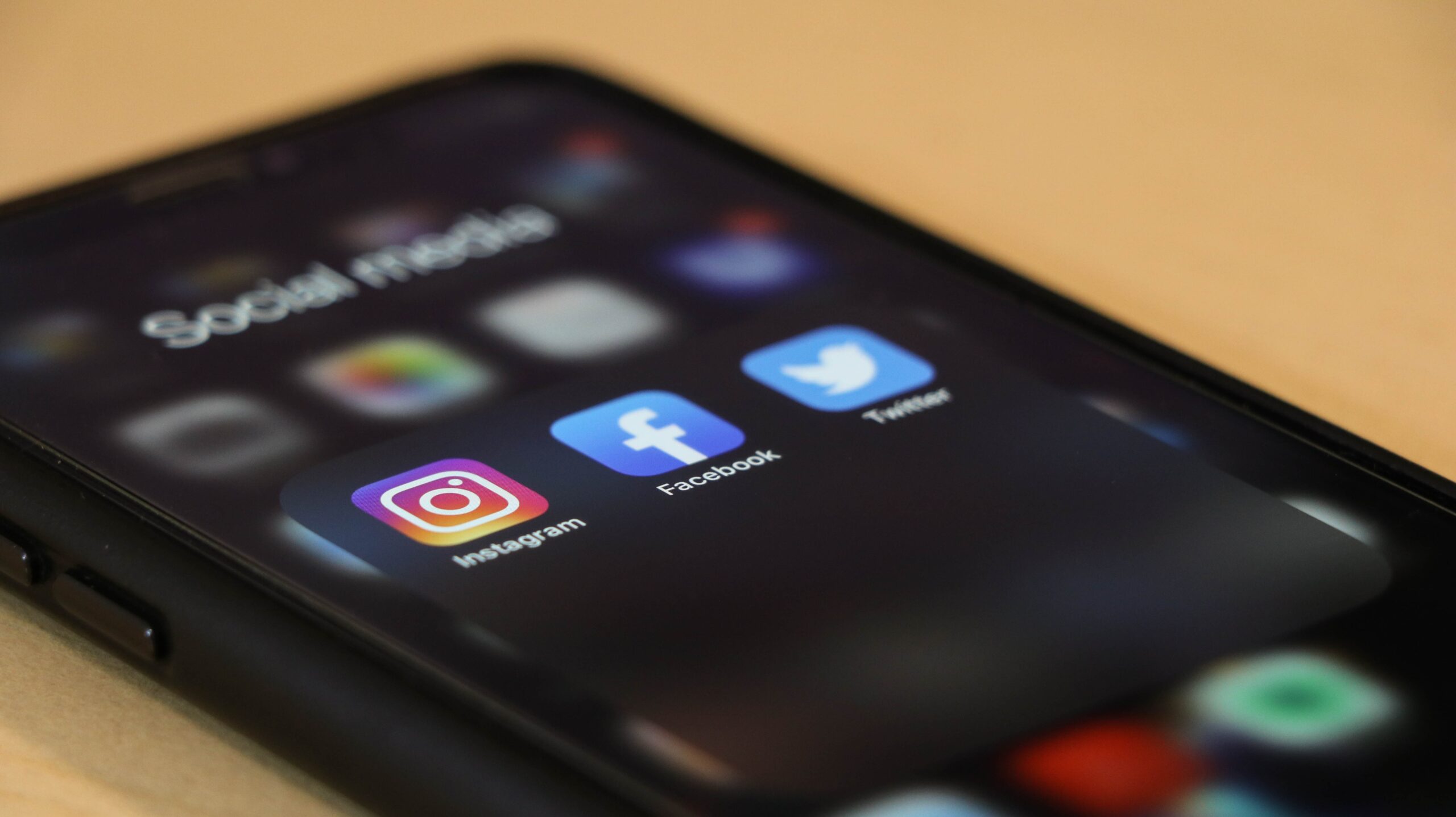Sample Nonprofit Policy on Social Networking
Developing a social media policy for your nonprofit organization can be difficult. These guidelines can help.

This sample policy is a companion to the Ask Rita article, “Facebook + Employees = Yikes!“
Our nonprofit recognizes that many of its employees use social media such as Facebook, Twitter, LinkedIn, YouTube and MySpace, to name a few. However, employees’ use of social media could become a problem if it:
- Interferes with the employee’s work
- Is used to harass or discriminate against co-workers or our clients
- Creates a hostile work environment
- Divulges confidential information about our agency or our clients; or
- Harms the goodwill and reputation of our nonprofit.
As a result we encourage employees to use social media within the following guidelines. If you are uncertain about the appropriateness of a social media posting, check with your manager or supervisor.
Social Media Guidelines:
- Do not post any comment or picture involving an employee, volunteer or client of our nonprofit without their express consent.
- If you post any comment about our nonprofit, you must clearly and conspicuously state that you are posting in your individual capacity and that the views posted are yours alone and do not represent the views of our organization.
- Unless given written consent, you may not use our nonprofit’s logo or any organizational material in your posts.
- All postings on social media must comply with our policies on confidentiality and disclosure of proprietary information. If you are unsure about the confidential nature of information you are considering posting, consult your supervisor, or XXX who is in charge of these matters.
- Do not link to the organization’s website or post any agency material on a social media site without written permission from ___.
- Don’t forget that you are responsible for what you write or present on social media. You can be sued by other employees or any individual that views your social media posts as defamatory, harassing, libelous, or creating a hostile work environment.
- All organizational policies that regulate off-duty conduct apply to social media activity including, but not limited to, policies related to illegal harassment, code of conduct, nondiscrimination, and protecting confidential and/or proprietary information.
- Employees may not use organizational equipment for non-work-related activities without permission. Additionally, our policy on Use of Computers and Electronic Media apply to social media use at work, including our policy that personal use of our computers, including personal social media activities, should not interfere with your duties at work. We monitor our facilities to ensure compliance with this restriction.
- Violation of this policy may lead to discipline up to and including the immediate termination of employment.
See related Ask Rita in HR columns:
You might also like:
- An Easy-to-Use Accounting Procedures Manual Template
- 5 Best Practices for Building a Nonprofit Annual Operating Budget (with Template!)
- 7 Guiding Principles for a JDEI Policy That Isn’t Just Hot Air. Plus, a Free Sample Policy!
- Board Assessments with Sample Management Questions
- How to Found and Run a Nonprofit Remotely: Free Template
You made it to the end! Please share this article!
Let’s help other nonprofit leaders succeed! Consider sharing this article with your friends and colleagues via email or social media.
About the Author
Pamela Fyfe is an Employment Risk Manager for the Nonprofits Insurance Alliance. In her position she helps nonprofits avoid potential employment claims and reduce the possibility of future claims. Before joining the Nonprofits Insurance Alliance Group, she practiced employment law for more than 25 years — representing management in wrongful termination, discrimination and sexual harassment cases. She admits to possibly having sneaked online at work to see her first grandchild — Mara Adeline — who lives in London.
Articles on Blue Avocado do not provide legal representation or legal advice and should not be used as a substitute for advice or legal counsel. Blue Avocado provides space for the nonprofit sector to express new ideas. The opinions and views expressed in this article are solely those of the authors. They do not purport to reflect or imply the opinions or views of Blue Avocado, its publisher, or affiliated organizations. Blue Avocado, its publisher, and affiliated organizations are not liable for website visitors’ use of the content on Blue Avocado nor for visitors’ decisions about using the Blue Avocado website.








Does anyone have a social network policy that helps guide decisions and actions re using social netowrking sites. For example we have two facebook sites for particular groups associated with our agency. One of the sites is set up so that it is information only, people can not post comments. We also have 2 Google Groups sites. We are looking for guidance to help us use social networking while limiting some of the potential for problems. Thanks!
I realize this article deals with only social media, but I have found similar issues with emails. One example is an Executive Director who, after receiving emails from a Board Member, forwarded the Board Member’s emails to her (Executive Director) friends with caustic comments about the Board Member. The same Executive Director forwarded contentious business emails to her friends for comment. I fear that some of the younger employees do not understand that internal organization communication should remain internal. I think they confuse emails with social media. I plan to incorporate email issues into our new social media policy. Does anybody have a policy regarding cell phone use at work? I have no problem with family members contacting employees at work, and do not want to create a harsh work environment, but the cell phones are now tools for social media. Some of the communication I witness is inane, distracting, and eats up far too much time at work.